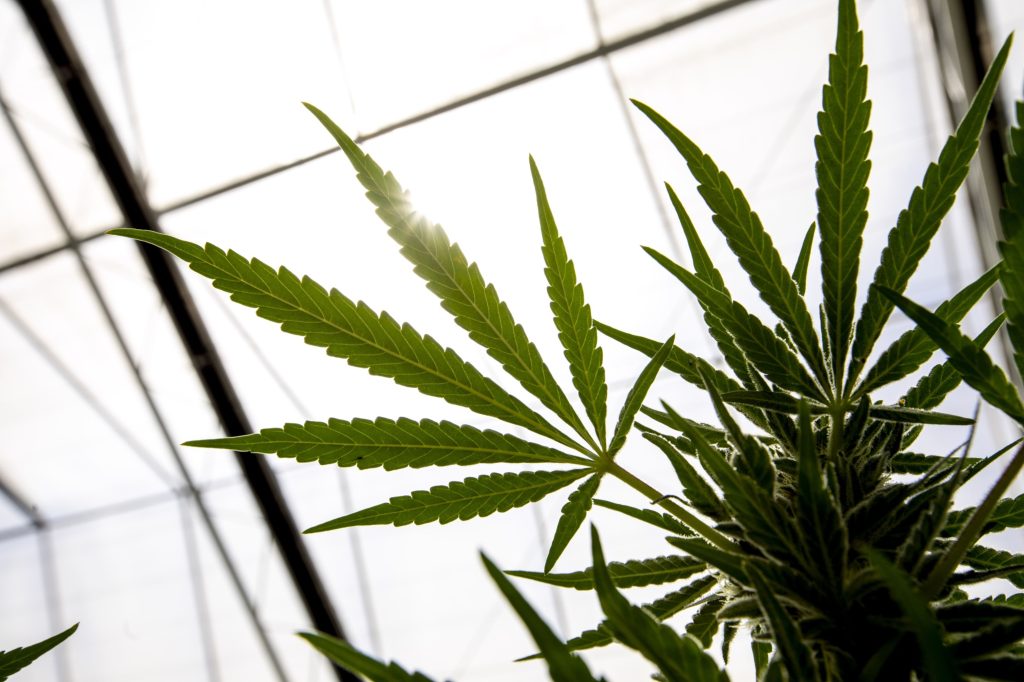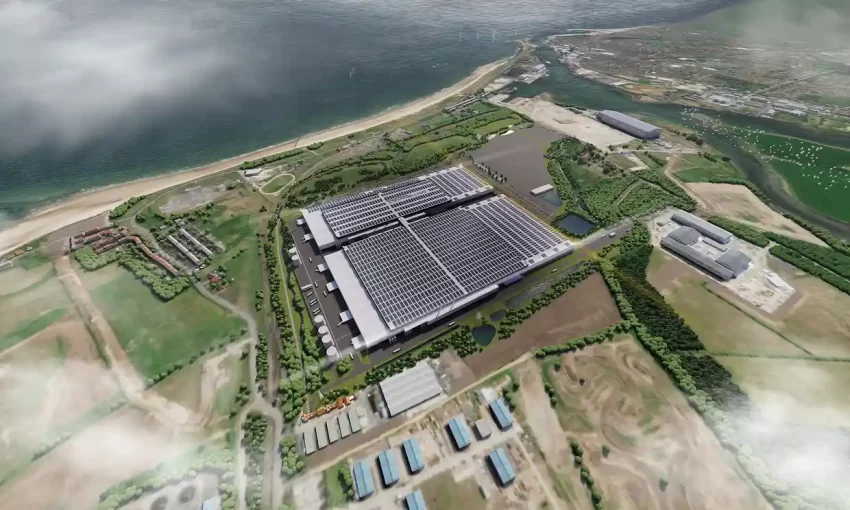South African President Cyril Ramaphosa recently reiterated plans to accelerate the commercialisation of hemp as well as cannabis plants. His speech setting out government’s priorities for 2023 was a reminder of a pledge in 2022 – also in his state of the nation address – that the government would mobilise investment in the hemp and cannabis sectors.
In his speech, the president indicated that government is in the process of addressing the conditions for the growth of the cannabis sector, particularly for rural farmers.
Listen: The current state of the cannabis sector
The Department of Agriculture, Land Reform and Rural Development and the Department of Health are working closely to address the existing conditions for growing hemp and cannabis to enable outdoor cultivation and harvesting by rural farmers.
Currently farmers who have licences grow their hemp and cannabis indoors under controlled conditions. The commercialisation will allow them to farm outdoors on a larger scale.
This is very exciting. The industry has the potential to create jobs, alleviate poverty and help reduce the extreme inequality in South Africa. One estimate is that the sector has the potential to create more than 130 000 new jobs.
Local and international markets
The opportunity to commercialise the hemp and cannabis industry is that it is a new, fast-growing, multi-billion-dollar sector with local and international markets. The potential legal pharmaceutical market for hemp and cannabis in South Africa alone has been estimated at over R100 billion a year.
But there are challenges.
First, that the government fails to implement changes needed to ensure the sector grows in a way that benefits township and rural entrepreneurial farmers.
Adding a paragraph dedicated to the cannabis and hemp sector to the annual state of the nation address each year is one thing. But seeing action being taken and plans implemented is another.
The second is that, from mid-2022, small-scale farmers farming cannabis were promised they would be issued with licences to farm legally. However, some farmers in the rural areas of the Eastern Cape are still waiting.
But there is a way forward. Based on my experience as a member of the Cannabis Organisation University of Pretoria and a member of one of the working groups set up to give inputs for a government masterplan first drawn up in 2021, I make four recommendations to fast-track the process.
These include reviewing and revising the existing masterplan, getting defunct working groups up and running again, ensuring the plan is in place before investments begin, and setting up a monitoring and evaluation capability.
Stalled process
The president mentioned that, in accelerating commercialisation of the sector, urgent work is being finalised by government to create an enabling regulatory framework for hemp and cannabis plants. This includes their use for complementary medicines, food, cosmetics as well as some industrial products.
The president said the government was urgently finalising the work to create this enabling environment.
But some crucial questions need answering: what happened to the cannabis masterplan working groups and workstreams set up in 2021/2022?
These working groups and workstreams consisted of representatives from government, the private sector, academic institutions and the cannabis research community. The groups got off to a good start and were in a process of reviewing and revising a plan to commercialise hemp and cannabis.
One of the key objectives was to ensure that township entrepreneurs and rural farmers would benefit from any changes.
But working groups collapsed and disappeared without trace.
The president’s comments therefore invite the question: what happened to the masterplan working groups, and the workstreams? When the president speaks about acceleration to commercialise the cannabis sector, which includes the participation of rural farmers, how far along is the planning?
The way forward
Firstly, the presidency must reinstate the cannabis master plan working groups and workstreams. They must be allowed to finalise the review and revision of the current master plan.
The revised master plan should enable the inclusion of township entrepreneurs and rural farmers. They are currently excluded from the mainstream commercialisation of hemp and cannabis due to a cumbersome licensing process.
Secondly, investments in the hemp and cannabis sector should only be implemented once the masterplan has been reviewed and revised. This will provide guidance on how the proposed funds can be properly channelled.
The wheel should not be reinvented. Neither should time and effort be wasted.
Read:
Concourt did not legalise weed in the workplace – Labour Court rules
SA cannabis SPAC flops
Fedgroup adds hemp to impact farming investment options
Thirdly, a monitoring and evaluation committee needs to be set up to look after the hemp and cannabis project implementation.
It should be set up in the same way the working groups were formed with representatives from all interested players. This will ensure that all players in the sector are included. And that funds are appropriately spent.
enior lecturer at the Gordon Institute of Business Science, University of Pretoria.
This article is republished from The Conversation under a Creative Commons licence. Read the original article here.




